Importance of Early Intervention in Children’s Mental Health
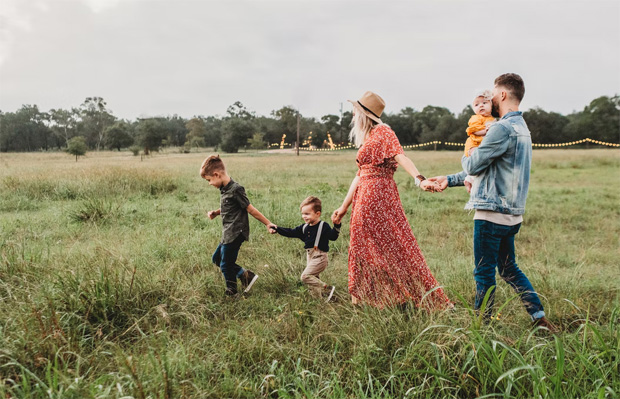
The Importance of Early Intervention in Children’s Mental Health
This is a guest article by Sophia Ziff, Teen Expert at ToddlersTeensAndBetween.
Picture this. You are 6 and have begun to adapt to the big changes school brings! You’ve been getting to know your classmates, teachers, lesson content and the routines that set up a successful school day. When it’s warm in the summer, you’ve run around the school playground with your new friends laughing, playing and soaking up the warmth. When it’s cold and frosty you huddle together in your gloves and hat and scarves and you and your friends get excited for the first snowfall of the year. You’ve realised you love Art and English and you’re also quite good at Maths.
You have a new best friend and you’ve gone to a few classmates’ birthday parties and you’re learning all the necessary social skills to succeed in the next few years ahead. You’ve noticed that some of your classmates have extra help with their learning needs. Sometimes there are some tears or behaviour issues from certain peers in the classroom, but they’re relatively far and few between. The transition to school has been a big one, but you’ve really liked meeting your teacher each morning and always feel anticipatory and excited about what the day holds ahead.
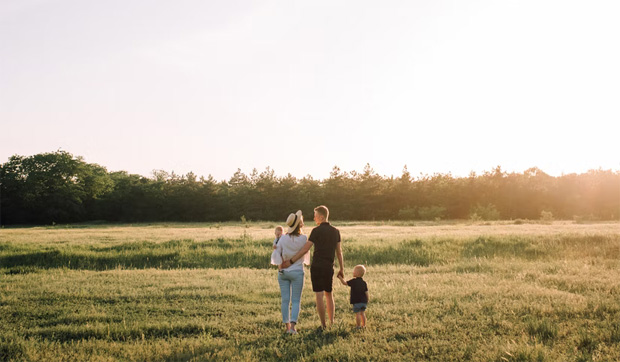
Then March 2020 happened. Absolutely every single part of your life changes. Not just the big changes like losing your social interactions and structure of the day. Not just the increased screen time whilst you attempt virtual school. Not just the removal of freedom and movement. Not just the loss of child-like innocence about the ‘big and scary’ parts of life. But the constant hand-washing. The increase in sibling squabbles. Observing the rising stress-levels of parents. The boredom. The need for snacks and games and more TV to break up the mundane repetition of each day. The world has suddenly become very different. That’s one lockdown. People in the UK went through a variation of three different lockdowns.
It’s now almost 2 years later and you’re 8. You’ve become used to masks and can sometimes misread situations because you can’t always interpret facial cues. Social distancing changes have meant that you’ve had to be physically separate from your peers. Bubbles have meant that you don’t get to be part of after-school clubs with your peers from other ages. You notice the tears and the behaviour issues in the classroom are no longer few and far between your peers. You’ve had to ‘grow up’ so much quicker than any other child in previous generations. Now let’s assess the impact of what those enormous changes have done for our children.
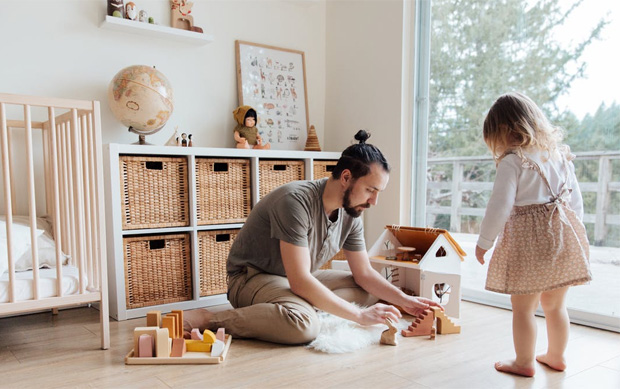
The NHS report, ‘Mental Health of Children and Young People in England 2021’ reports that 1 in 6 children aged 5 to 16 were identified as having a probable mental health problem in July of 2021. That’s five children in EVERY classroom in England. Moreover, 83% of young people with mental health needs agreed that the Coronavirus Pandemic had made their mental health worse according to the recent Young Minds Survey, ‘Coronavirus: Impact on young people with mental health needs.
Schools are reporting huge increases in both the number of students presenting with mental health issues and the severity of those issues which need urgent support. Disordered eating. Anxiety. Depression. Suicidal ideation. Self-harm. The list goes on. Parents and educators can see the issues presenting themselves but mental health practitioners are under huge strain and pressure and waiting times are long and incredibly stressful in the interim.
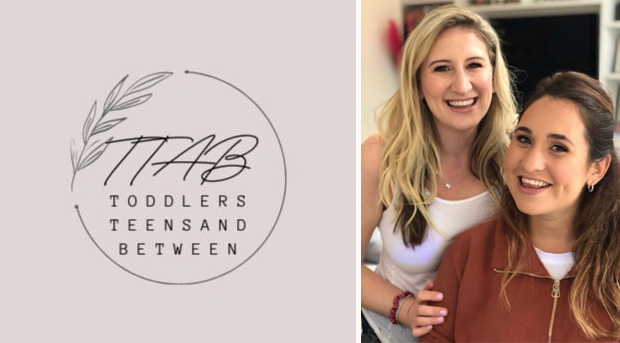
TododdlersTeensandBetween Supporting Children’s Mental Health
As school educators and toddler mums, Gemma Arnold and I joined forces to set up ToddlersTeensandBetween, a support service to help parents know how to support the mental health, wellbeing and behaviour of their toddlers, teens and between. We are here to help you help them. We provide interim support for parents before children are seen by CAMHS and help parents along their child’s journey, so that parents feel skilled, knowledgeable and prepared.
We believe appropriate interventions at a sufficiently young enough age can make an excellent impact. We have bespoke 1-1 sessions for tailored help and have also created ‘The Younger Years’ course for parents of babies, toddlers and early years children from 0-6 and are working on our ‘betweens’ and ‘teen’ courses now.
To combat fixed beliefs that children adopt about their worth being linked to their achievement, we teach growth mindset techniques like praising the effort rather than the achievement: ‘excellent listening/ trying/ creating/ helping’ which puts the emphasis on the verb, the doing, the effort and encourages children to believe trying is just as important and valuable as the outcome.
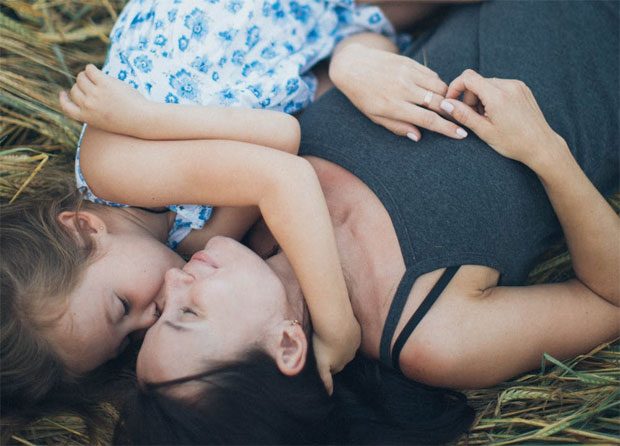
We teach emotional literacy skills to parents so that they can help label the big emotions to their children and guide parents to healthy releasing techniques. We help parents model self-soothing practices, such as ‘I am ok, I am safe’ whilst encouraging their little one to hold their tummies or hearts when they feel worried or teaching breathing techniques like ‘breathing in excitement and blowing out the candles’ when their anger begins to rise.
We explain self-worth practices which parents can begin doing with their children, like positive affirmations in the mirror before leaving for the start of the day or before bedtime by getting their little one to repeat ‘I am kind, I am brave, I am capable’ to their reflection. Also check out these free positive affirmations colouring printables. All of these little techniques build upon each other to help our children have the tools to cope, and crucially, they know their parents know how to help them in those difficult moments.
Help is out there and the earlier the intervention the better when it comes to children’s mental health. We are here to help you help them.
- To contact us for bespoke support or to subscribe to our ‘Younger Years’ course, go to: www.toddlersteensandbetween.com
- Find us on Instagram: @toddlersteensandbetween
Guest Article.




